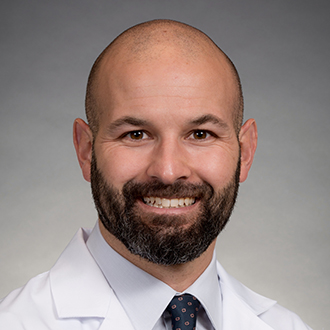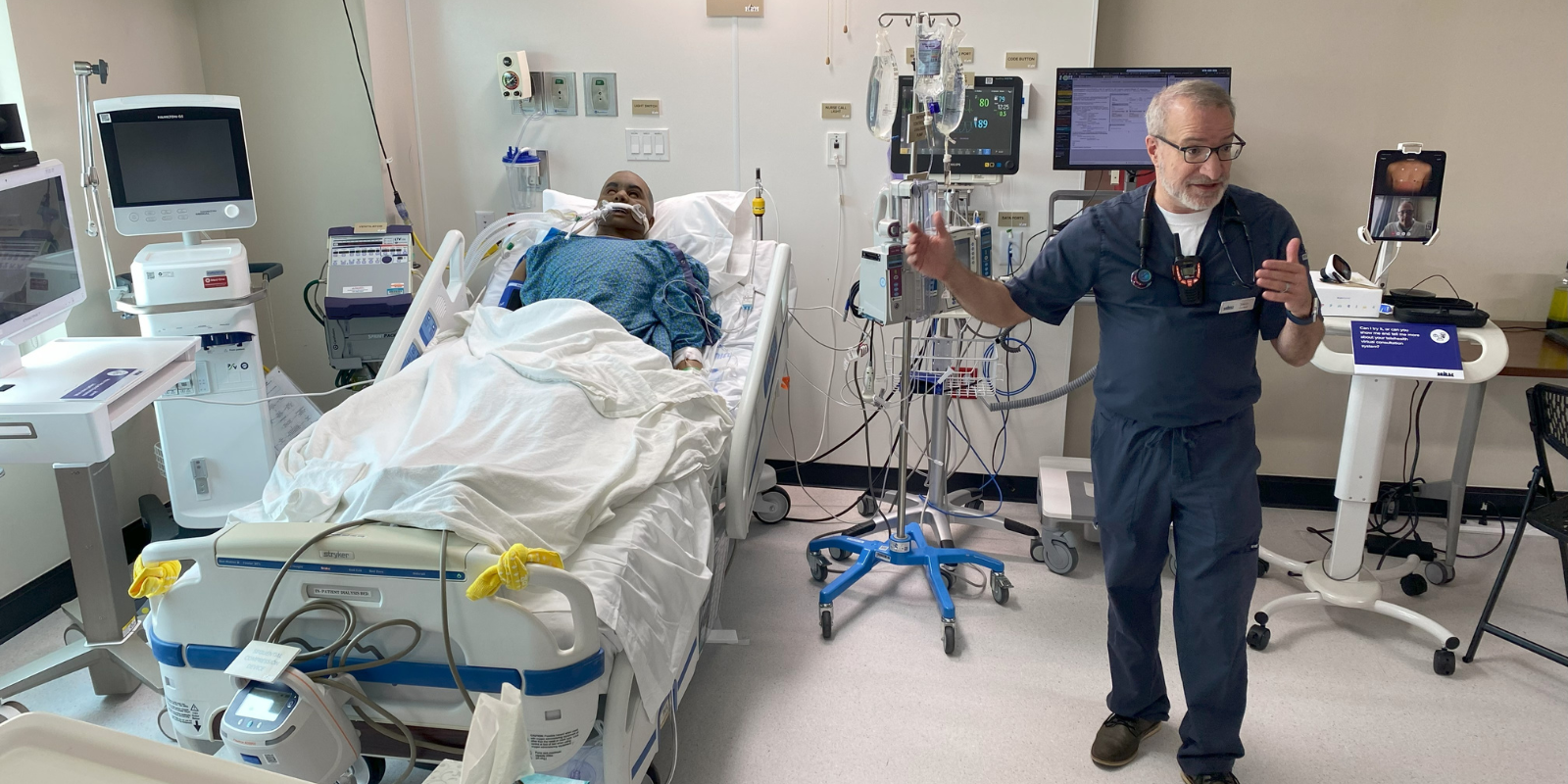Professionals working in child protective services often describe their work as “reactive.” But a new first-of-its-kind partnership between the University of Colorado Firearm Injury Prevention Initiative (FIPI) and the Arapahoe County Child and Family Services division aims to help change that.
“We respond after the crisis has already occurred, and we hear a lot of awful things and see a lot of awful things,” says Christine Laster, an intake administrator in Arapahoe County. “We wanted to do something to try and prevent those awful things. Even though it’s rare that we have assessments where a child gets a hold of a firearm and they hurt themselves or somebody else, we wanted to be able prevent a tragedy from even happening.”
In 2024, caseworkers provided more than 100 firearm safety kits, which include a lockbox for a small handgun and two cable locks, to families they work with in Arapahoe County. The kits also include materials to raise awareness about preventing opioid overdoses. Along with the household safety kits provided by FIPI, county staff participated in SafeHomesCO, training developed by FIPI that aims to provide knowledge and skills to address challenging topics, such as firearm suicide and overdose prevention.
“This is a community of people who were interested in doing something impactful and recognized the need, so it was easy for us to say yes to this partnership,” says FIPI mentorship and education director Joseph Simonetti, MD, MPH, associate professor of hospital medicine at the CU School of Medicine.
Support for secure firearm storage and beyond
Megan McCarthy, MPH, FIPI’s research and evaluation coordinator, says the program has shown some preliminary success.
“We found (in surveys) that the trained staff demonstrated higher knowledge of firearm injury prevention and reported the training was needed,” she says. “The training helped individuals feel prepared to have conversations about firearm storage with families.”
FIPI held a two-hour long training with 10 of the Arapahoe County caseworkers that covered background information on firearm injury prevention topics, how access to firearms can increase negative outcomes, especially in children, and how to have conversations around secure storage.
“We presented case workers with ways to bring up the topic of secure storage that broadened the conversation beyond firearms. We also incorporated talking about overdose prevention, as opposed to firearms only, as our approach is to focus wholistically on household safety. This sometimes makes the information more approachable for families,” McCarthy says.
That proved to be helpful, Laster says. She recalls one client who said they were grateful for the lockbox so they could secure cannabis products away from children in the home.
“We want these families to keep all the hazards away from their kids. And we we're able to see that parents want the support but don’t always know where to get it from. Sometimes you don't know what you need until you need it,” she says. “So, I think our staff are really appreciating having a tangible item to give to our families.”
Modeling successful programs that can grow
While still in its infancy, leaders at FIPI say the program shows the potential to be adapted to other communities that have an interest in providing support for safely storing firearms and other harmful items to children.
“We have to keep in mind that not every community is the same,” Simonetti says. “But the thought process is that there are things we can do that can translate almost anywhere. This makes it easier to replicate and investigate the effectiveness.”
As for the caseworkers in Arapahoe County, they say the training and additional resources have been valuable and worth integrating.
“If there are things that we could do to prevent some of these tragedies from happening, absolutely, I think other counties and other places should look into what that could be for them,” Laster says.




